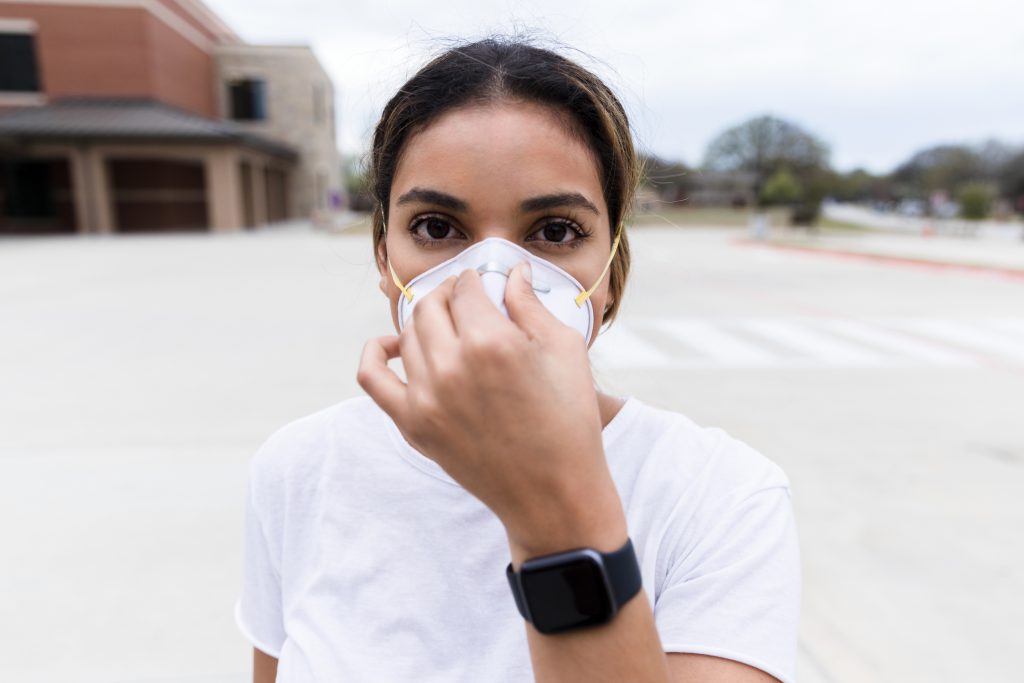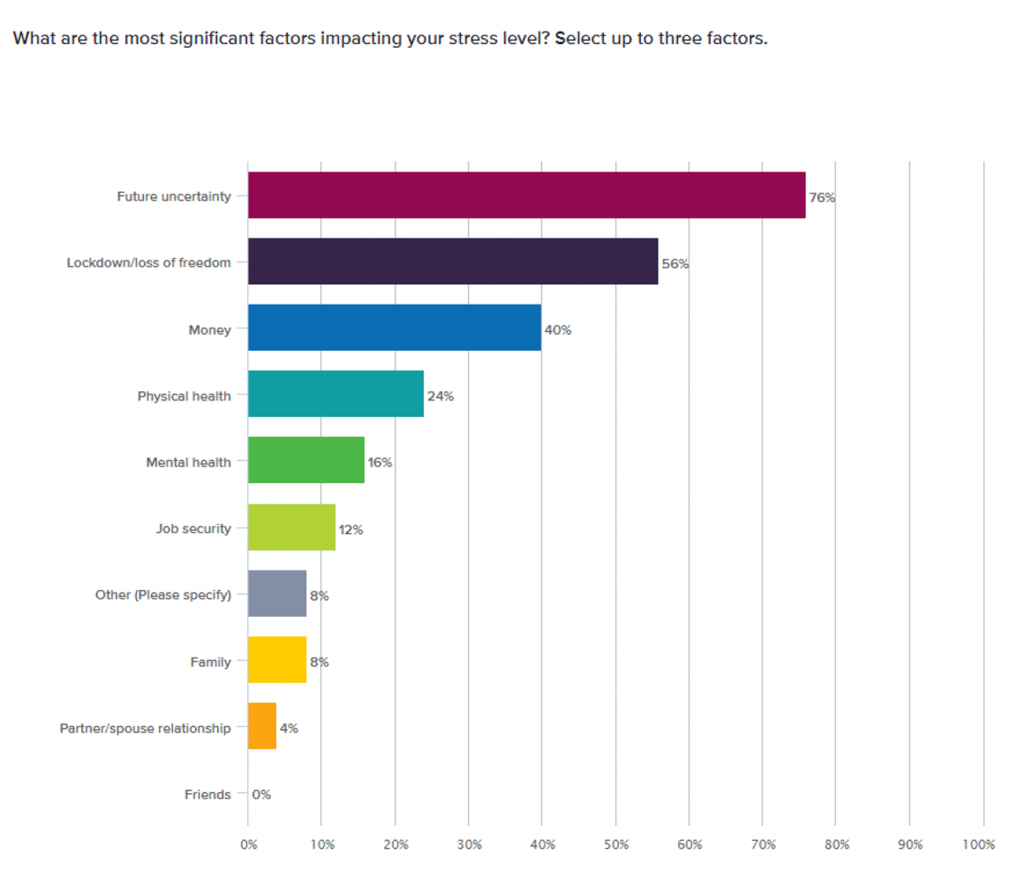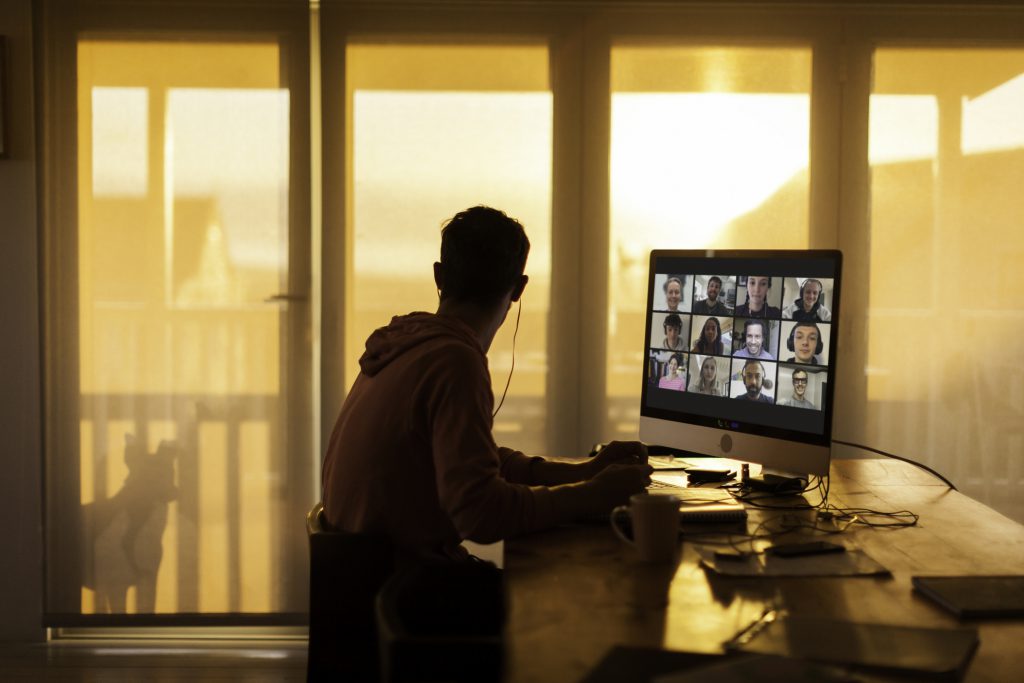When we started the Strange Days series, so long ago, I imagined it as a month or so of weekly check-ins. Then, the weeks kept going, and the strange days continued. Instead of reporting on something unusual, it eventually felt more normal to incorporate this strangeness into our new reality. How can organizations support employee engagement as their workforce becomes more physically distant? What does customer experience look like in the face of a global pandemic? How can anyone make decisions without being able to predict the future?
Now, these strange days have become the new normal.

Prioritizing Employee Pulse Checks
As we reflected on several weeks ago, employee pulse checks have become the weekly norm at Sogolytics. Every Wednesday, a message goes out on Slack inviting anonymous participation from our entire team. Each week’s questions focus on a specific theme — either fun or serious — and includes the consistent metric question that gets right to the heart of the discussion: How’s it going for you?
We’ve heard from our team members on topics as diverse as preferred comfort foods and playlists to recognition and communication, from coffee vs. tea to high-energy vs. low-energy relaxation, and from how to cope with stress to what we’re looking forward to in the future.
Recently, of course, as much of the world has shifted to the conversation about reopening — nobody with any sense calls it “back to normal” — we’re having the same discussions.

Back to… What?
You don’t have to be a business analyst or HR professional to know that there are a huge range of factors to be considered in reopening a workplace, a school, or a business. Physical health has to be the top priority, of course, but bottom line considerations are also at play. Is the current situation sustainable? Is reopening even a viable option? What happens if reopening turns out to be a terrible idea? How big of a hit can the budget take and still recover? Is it better to close the doors, or to keep on as many employees as possible by partially deferring salaries? Every decision has consequences, and the decision-makers are feeling this truth more dramatically than ever.
Still, beyond physical health and financial concerns, mental health should be a major factor in these decisions. Can we operate in close context with other human beings while simultaneously being paranoid about coming too close to each other? How does the wear and tear of constant anxiety impact our ability to complete normal tasks, let alone complex responsibilities?
Who’s in Charge Here?
A bit of a spoiler on a soon-to-be-published SoGoStudy we conducted recently: A significant percentage of people (you’ll have to wait for the details!) believe that it’s the government’s job to keep us safe. In first place, national government. In second place, state government. Businesses came in last place, way below medical professionals.
Perhaps it is no surprise that a nation that prioritizes freedom and independence placed “Individuals” in third place. We expect governments to make smart decisions, but we as individuals value the importance of making our own choices, of looking out for ourselves in the way we see fit. And because we as individuals have such diverse priorities and contexts, we make different decisions.
As we celebrate Independence Day in the US this weekend, this diversity is in evidence. This is not a political statement — it’s simply the truth. As we all work to make the best decisions possible for ourselves and our families, we all need answers.

The Right Questions, Right Now
Every family and every team is having similar conversations these days. Be sure you’re asking the right questions of those around you, from your employees to your customers and beyond. If you’re still trying desperately to stick to a content calendar or a budget plan you made a year ago, shake it off. Having the right conversation for the moment means being sensitive to the priorities of your audience and recognizing that everyone wants to make the right decisions — even if we’re not sure what they are.
Above all, ask the questions. It’s useless to pretend that any of us can figure this out alone.






